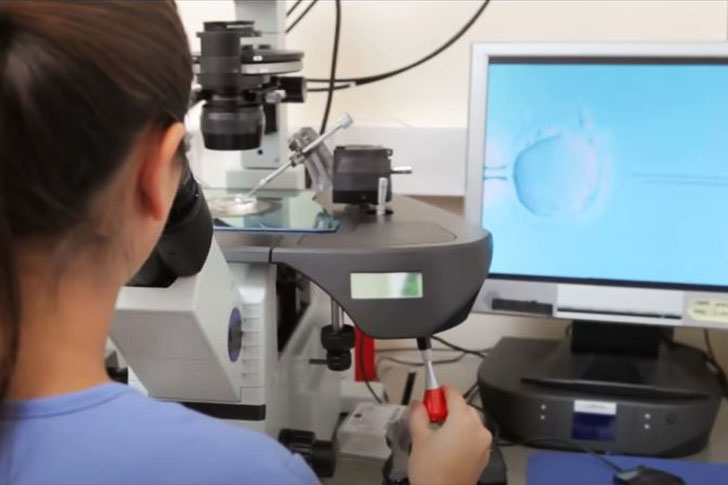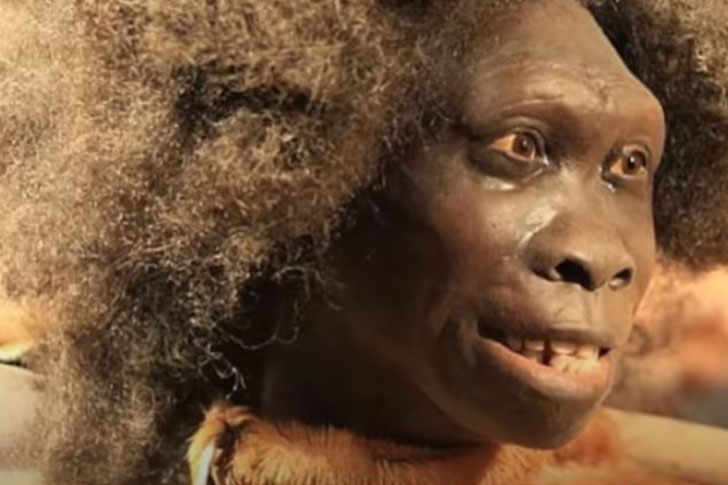No signs of slowing down

Nevertheless, University of Copenhagen’s bioarchaeologist Matthew Collins is still confident that ongoing challenges in protein sequences can be overcome. He points to a 2015 study to his and Welker’s credit that reveals the mapping out of the phylogenetic tree for the native ungulates of South America, a group of peculiar-looking mammals that became extinct roughly 12,000 years ago. With no DNA available from these ungulate fossils, they had to sequence collagen proteins from the ground up. They found that two extinct native ungulates, Macrauchenia and Toxodon, were closely related to a group involving horses and rhinos.
Ancient bones and teeth contain a few proteins, so only a few details can be utilized to identify a specimen. For instance, the analysis of the Tibetan Denisovan revealed sequences from eight various kinds of collagen protein, totaling over 2,000 amino acids. Only one of these amino acids deviated from modern human and Neanderthal sequences, identifying it as Denisovan.

